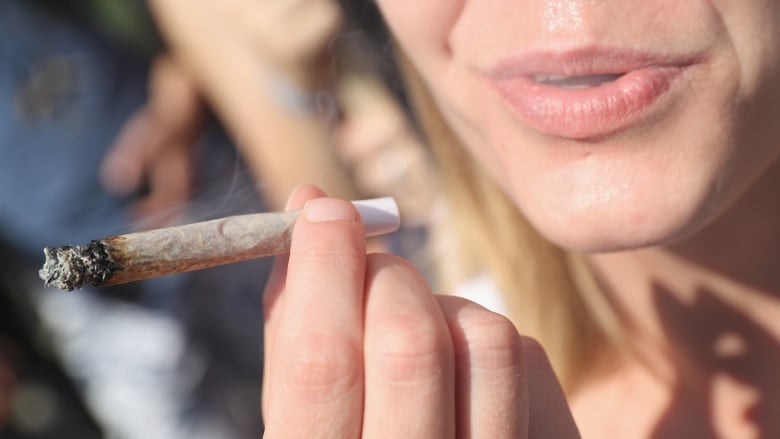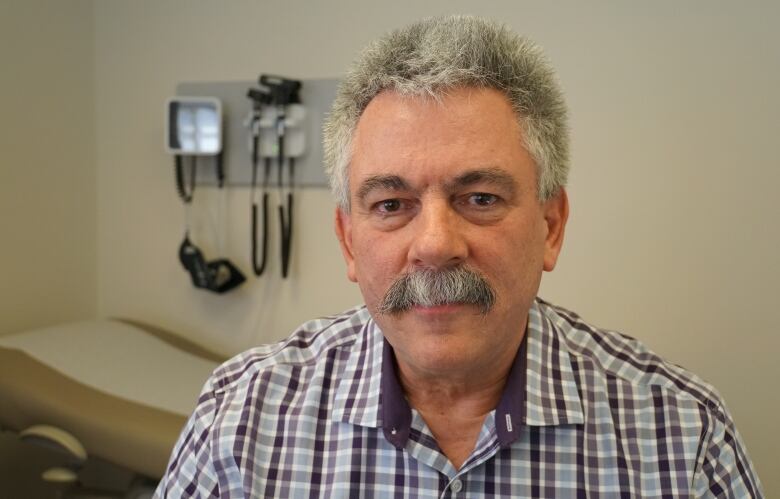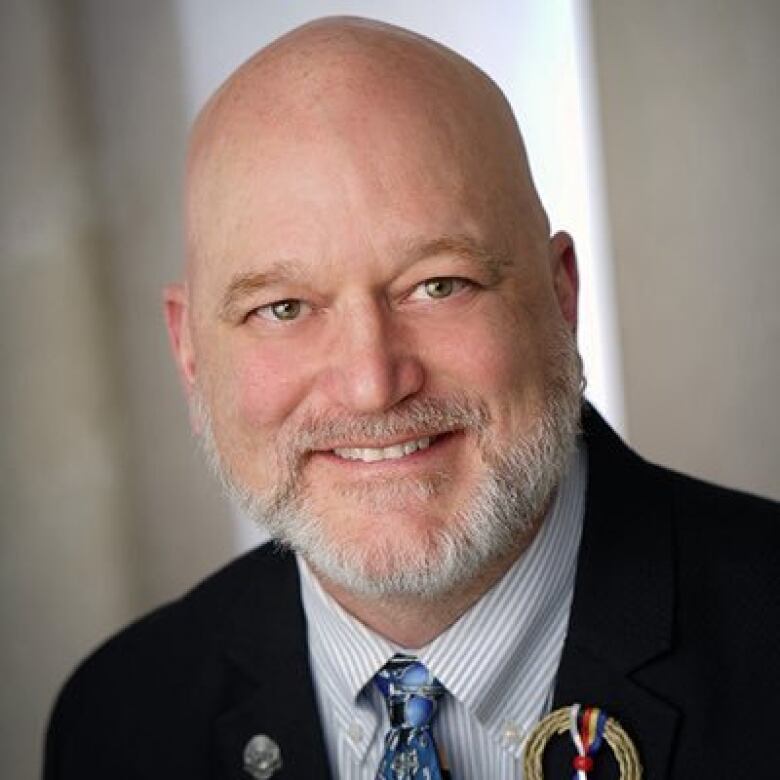Sudbury doctors say the public holds "uninformed and unfounded" opinions about marijuana
Addiction specialists say young people under 25 risk brain damage by using cannabis

Marijuana will soon join tobacco and alcohol as legal recreational drugs, and like those substances, it comes with health risks.
A specialist in addiction medicine says although it's less likely than for other substances, people can become addicted to pot.
"About five per cent of people who use cannabis in their lifetime will develop negative psychosocial consequences of their use that meet the criteria for diagnosis of substance use disorder," Dr. David Marsh, who works at the Northern Ontario School of Medicine, said.
Dr. Mike Franklyn, another addictions specialist in Sudbury, pegs the addiction rate a little higher at nine per cent.
"I've heard a lot of completely unfounded and uninformed opinions about 'it's perfectly safe to smoke marijuana, it's not addictive,'" he said.
"The truth is we don't know because there aren't large trials. But we know that smoking any substance is bad and we do know that a subset of people become addicted."

'The younger you are, the greater the risk is'
Franklyn said there are reasons to be concerned, particularly when it comes to youth.
He points to the potential impact on the developing brain, particularly the prefrontal cortex, which governs judgement and insight.
"The younger you are, the greater the risk is, and the more you use, the greater the risk."
Another health concern is cannabis-inducedpsychosis.
In August, court heard that a 25-year-old man who ran towardspolice officers with two knives at the transit terminalwas found to have been suffering from the condition.
Marsh said unusually high amounts of cannabis can lead to psychosis, resulting in users seeing things or hearing voices that aren't there.
"They basically lose the ability to distinguish between what's real and what's not real, so that they get sensory inputs and then misperceive them as something else," he said. "Or they may have anxiety or severe aggression."
The psychosis is usually short-lived and resolves in a few days once the substance leaves the body, Marsh said.
Cannabis-inducedpsychosis not well understood
Franklyn said he's not sure people appreciate the potential risk of cannabis-induced psychosis, and not much is known about the condition in the medical community.
"Some people can smoke a ton of weed and have no psychotic symptoms. Some can have minimal exposure and develop psychosis," he explained.
"We know the younger you are and the more you smoke, the more likely you are to develop this life-altering condition. And I have several patients who have developed it."
Despite these health concerns, Marsh said there hasn't been much of an increase in cannabis use in other areas of the world where the drug has been legalized or decriminalized.
"I'm not overly concerned about increased use of cannabis in Canada with the change in legal framework because it's already been very available for many years," he said.
"You know for over a decade, high school students in Ontario have been reporting that it's easier for them to get cannabis than to get cigarettes or alcohol."
Marsh added that studies into emergency room visits in other jurisdictions where the legal framework has changed show either no increases, or brief increases that levelled out within a few months.
He predicts that Canada could see anincrease in emergency room visits for psychosis, but that the spike won't last.

What about the positive?
As for addiction, Marsh said legalization may actually have a positive affect.
"With the legal availability, people who have been using it for a long time may start to realize that it's causing harmto them and some more people may come to look for addiction treatment related to their cannabis use."
Franklyn doesn't predict he will see more people coming to him for addiction treatment once cannabis is legal, but despite his concerns about the health impact, he's still in favour of legalization.
"Our penal institutions are full of people with minor criminal charges and it's costing a fortune, it's not at all productive," he said.
"We are seeing people exposed to very dangerous substances including fentanyl and carfentanil, amphetamines, methamphetamines that are in what we call street weed."
Franklyn said he's also interested in further research into the positive effect of cannabis, including its potential role in helping to tackle theopioid crisis.
With files from Kate Rutherford.












_(720p).jpg)


 OFFICIAL HD MUSIC VIDEO.jpg)
.jpg)



























































































